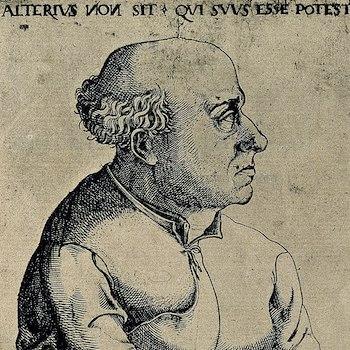Toxicology, the study of poisons, is often thought of as a new discipline. It’s not. It has been around as long as people have been trying out different types of food, and using the occasional poisonous plant, or animal, to dispatch a rival. Toxicology today is more disciplined, with scientists and medical doctors studying various ways the plethora of chemicals to which we are daily exposed to can either be of use, not of use, or downright dangerous. However, even sometimes very dangerous chemicals can otherwise be useful (think Botox here).
If you want to get a sense of toxicology that is readily understandable, here are 3 sets of facts that can be used around the proverbial office water cooler, or at your next party, should the conversation need a new direction:
- Life is chemistry. We are exposed to tens of thousands of chemicals every day. A cup of coffee has about a 1000 chemicals. Most garden vegetables have just as many, including many natural pesticides like solanine found in potatoes at high concentrations in all green parts (but even in the potato we eat at a safe level). We could go on and on and…
- All chemicals are toxic at some level. Yes, even water. Drink too much and it will kill you. Drink a little bit less and it will disrupt your endocrine system, specifically the hormones associated with your kidneys and adrenal glands.
- All chemicals have a safe dose if they do not cause cancer or virtually safe dose if they cause cancer. Yes, they do! It is the dose that makes any chemical a poison. Even a very toxic chemical like arsenic, which has dispatched more than one famous person (Napoleon perhaps?), has a level below which folks do not worry about. Good thing too since arsenic is a naturally occurring element that can be found in nearly all water and food we eat daily if one looks closely enough.
So, what do toxicologists do every day? Well, like many occupations, toxicology has a number of sub-disciplines. The one we deal with on a daily basis is human health risk assessment and the related area of regulations. This area is likely to be one in which you are most familiar, since fear of chemicals is prevalent in today’s social media and chemicals are often written up in mainstream news outlets in negative terms. Most of these stories are short on the science and long on the scare, so beware and check the backgrounds of the author and those s/he quotes before you start believing anything.1
Toxicologists adept at risk assessment and regulation can be found in government, industry, consulting and, to a much lesser extent, academic and NGO organizations. Sections of scientific organizations are even devoted to risk assessment and regulation.2 On a daily basis, these toxicologists review studies done on particular chemicals and mixtures to determine safe levels of exposure.
Other areas of toxicology will likely not surprise you. Some toxicologists conduct chemical experiments on animals or cell cultures to determine the level at which effects occur. Some study the structure of a chemical and compare it to chemicals that have similar structures for insights. Some extract natural chemicals from plants and animals looking to make new drugs or other useful chemicals. And all of this and other related work necessitate advanced training in biology, chemistry, physiology and pathology and other disciplines, often ending up with conferral of a masters or doctorate in toxicology.
So, where does your medical doctor fit in? Well, some of the most famous toxicologists are also medical doctors, and so the degree, either an MD or PhD is really not as important in determining whether someone is a toxicologist as the underlying work. However, a useful distinction is that a medical doctor is often focused on your health and will get you into a hospital if this is needed. A doctor of toxicology is concerned with preventing ill health from chemical exposure---we try to keep you out of the hospital. Another useful way to look at toxicology is that it is preventive medicine. We are trying to lessen the workload of our medical doctor colleagues by finding ways for you to avoid disease.
So, next time you read a social media post or newspaper article and have a question, send us a note, ask another toxicologist for some help, or go to one of these websites to check out relevant information:
- https://www.acsh.org
- https://tera.org
- https://tera.org/Alliance%20for%20Risk/index.htm
- http://toxedfoundation.org
- https://www.toxicology.org
Authors: Michael Dourson, PhD, DABT, FATS, FSRA; Bernard Gadagbui, MS, PhD, DABT, ERT
Email: dourson@tera.org; gadagbui@tera.org
Twitter: @mdourson
Phone: 513.542.7475 Ext: 105; 513.542.7475 Ext: 104
Mobile Phone: 513.543.2892; 513.313.3160
Notes
(1) Questions to consider are: How many of the sources are from scientists? How many of these scientists are toxicologists? How many of these toxicologists, if any, are board-certified?
(2) The Society of Toxicology’s specialty sections for Regulatory and Safety Evaluation and Risk Assessment are two prime examples.




